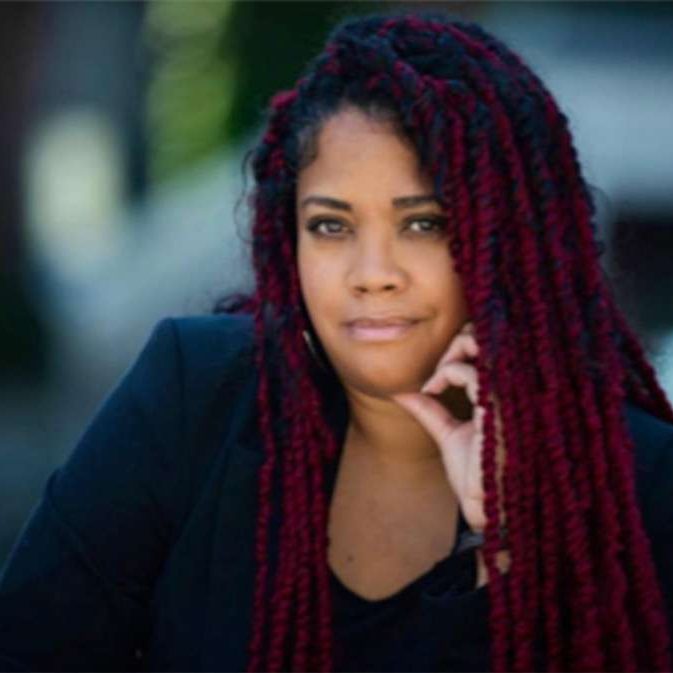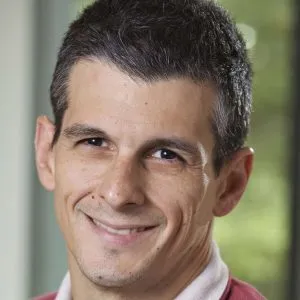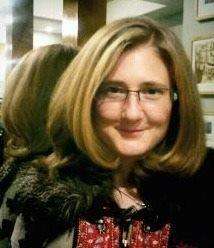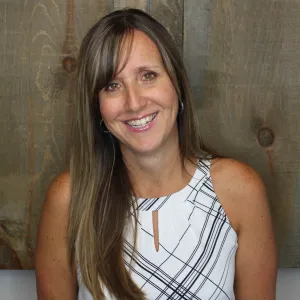Editorial Note:
This profile of Karine Coen-Sanchez and her work is brought to you through a partnership between the Canadian Sociological Association’s (CSA) Applied and Community Engaged Sociology Research Cluster and Applied Worldwide. Thank you to CSA and all those who made valuable contributions to the Profiles in Applied & Clinical Sociology series.
This profile is presented with the intentions of: 1) providing students with examples of applied sociology, 2) providing market value to sociological skills and services, and 3) promoting the work of individual sociological practitioners and organizations. You can learn more about CSA at www.csa-scs.ca.
Karine Coen-Sanchez
Karine Coen-Sanchez is currently a PhD Candidate in Social Sciences at the University of Ottawa. Prior to her PhD studies, Coen-Sanchez earned a BA in Psychology, an MA in Sociology, and a Post Graduate Diploma in Human Science. Her main objective as an applied sociologist is to create space for racialized students and professors through the engagement of safe and open dialogue in the classroom. With that objective in mind, she has administered a series of workshops that center on positionalities and the development of a new consciousness.
Coen-Sanchez shares her work with a variety of organizations, including Ontario Public Interest Research Group (OPIRG) and the Ottawa Carleton School Boards, among others. She also founded the FSS Anti-Racist Student Association as a space to raise awareness for anti Black racism in schools.
Raising awareness for anti Black racism in school involves reflectivity and the development of a new consciousness.
FSS Anti-Racist Student Association
Through advocacy and authenticity, Coen-Sanchez has been able to establish a career as an applied and public sociologist, bringing her research to life with the anti-racist work she engages in. Continue reading to learn more about Coen-Sanchez’s applied sociological work and connect with her on Twitter.
Using Sociology in Practice with Karine Coen-Sanchez
In general, how do you use sociology in practice?
Sociology is a discipline that is suppose to provide a new analytical lens to social issues. This requires a sense of personal reflectivity and understanding of our own social positionalities and how this influences our research. The academic aspect is an ongoing process—the lens is secondary.
How do you use sociological research methods in practice?
The selection of sociological research methods depends on the content of the research—there is no all encompassing method that can englobe one’s research. As future sociologists we have a social responsibility to first decode how previous methods were founded—the time in which it was developed and if it can be applicable to the current state we are researching—this requires a process of reflectivity.
How do you use sociological theory in practice?
The state in which we study social events, interactions, and patterns should be done from a lens of empathy, not superiority, although we are researchers-the application of theories should be conducive to the development of a linear pattern that will respect the lived experiences of the participants.
I use theory to inform students of various ways social perceptions of racial groups are used to maintain a particular ideology (i.e Durkiem and Black people). More specifically, theory has informed my work by forcing me to reflect on my own social positionality within the system and how the omission of certain racialized scholars informed one’s social perception of reality. Basically, by omitting information whether it be through literature or the curriculum, this process has influenced our perception of reality and truth.
Lessons for Future Practitioners
What types of courses should undergraduate students take in preparation for a career similar to yours?
Courses that focus on truth telling and respect the lived experiences of various ethnicities.
What types of courses should graduate students take in preparation for a career similar to yours?
Courses that focus on how they can reflect on their own social positionality.
What types of experiences should undergraduate students seek in preparation for a career similar to yours?
Community engagement outside of academia.
What types of experiences should graduate students seek in preparation for a career similar to yours?
Hands-on experiences with different groups.
What skills or experiences do organizations like the one you work for look for when hiring employees?
More generally, what are the best outlets to learn more about the work you do as an applied or clinical sociologist?
Most of my work is on Twitter.
How would you describe the daily life of an applied or clinical sociologist?
Maintaining.
What advice do you have for aspiring applied and clinical sociologists?
Enter this field with a mental objective to make a difference.








